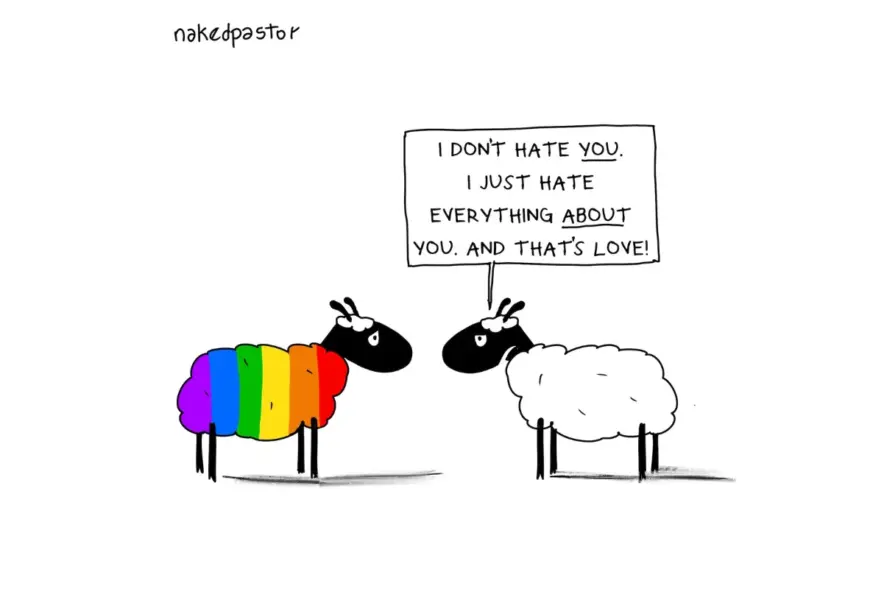What Is Love? “Love is love” is one of the most common phrases of our time, meant to end...
Tag: love
Showed 1 to 8 posts out of 8 total under "Tag: love" category.
The cross of Christ is not just the centre of Christian faith; it is the place where heaven’s deepest...
New Testament holiness is a joyous privilege, not a heavy burden and duty.
Derived from the Latin word fidēlis, fidelity is the quality of being faithful, loyal, accurate, or true. And it's...
The Weft And Warp Of Scripture The word of God is like a vast tapestry, its main theme interwoven...
(Not a reader? Take a listen instead ⇓) “God is love. When we take up permanent residence in...
(Not a reader? Take a listen instead ⇓) The appearance of Jesus on the Jewish scene was a dramatic...










